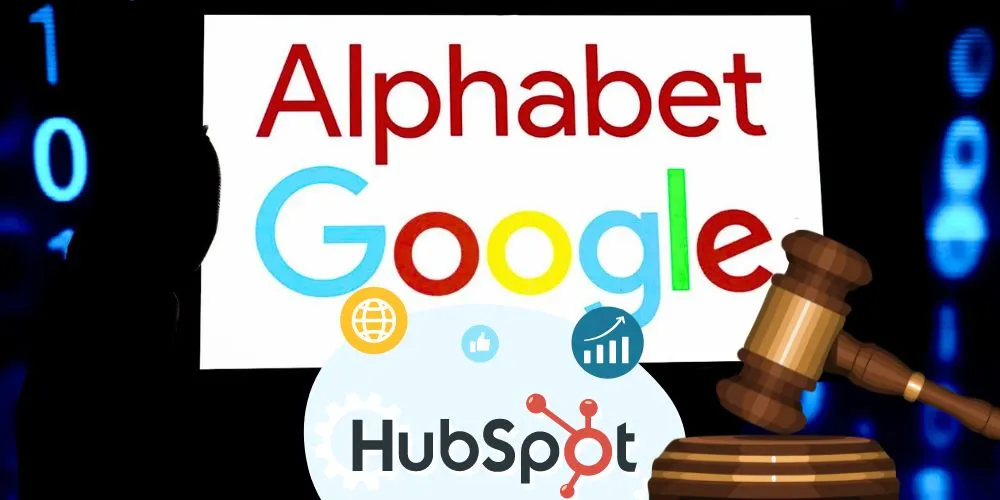Key Points:
- Google’s deliberation over acquiring HubSpot has raised regulatory concerns despite experts downplaying its impact on competition.
- Antitrust experts anticipate opposition from U.S. and European regulators, citing Google’s existing legal battles and heightened scrutiny of tech acquisitions.
- The tech industry’s recent cautious approach to mega-deals underscores the complexities of navigating antitrust scrutiny.
- Despite Google’s substantial cash reserves and pressure to enhance shareholder returns, regulatory hurdles pose significant challenges to potential acquisitions.
Reports of Google parent Alphabet considering an acquisition of marketing software company HubSpot have stirred anticipation and concern within the tech industry. While such a move could enhance HubSpot’s capabilities and competitiveness, experts warn of significant regulatory hurdles awaiting Google, further intensifying the company’s battle with antitrust watchdogs.
With HubSpot boasting a market value of $34 billion, Google’s contemplation of a potential offer has sparked discussions about the implications for competition in the customer relationship management (CRM) software sector. Despite experts suggesting that an acquisition by Google would not significantly impede competition due to the existing presence of major players like Salesforce, Adobe, Microsoft, and Oracle, regulatory challenges loom large.
Analysts acknowledge HubSpot’s relatively modest 4.9% market share in the CRM marketing software industry, emphasizing its focus on smaller customers compared to industry giants like Salesforce and Adobe. However, given their heightened scrutiny of tech giants’ expansion through acquisitions, they anticipate opposition from U.S. and European antitrust regulators.
Former U.S. Senate antitrust subcommittee general counsel Seth Bloom expresses skepticism about the deal’s reception by regulators, foreseeing a potentially arduous court battle for Google to defend its merits. Despite requests for comment, neither Google nor HubSpot has responded, leaving uncertainties surrounding the proposed acquisition.
Google’s existing antitrust challenges, including lawsuits from the U.S. Department of Justice and investigations by the European Union, add further complexity to the situation. The regulatory landscape in Europe remains particularly hostile, with ongoing probes into potential breaches of the Digital Markets Act.
The tech industry’s recent history reflects a cautious approach to mega-deals, as evidenced by Microsoft’s rigorous regulatory process for acquiring Activision Blizzard and Adobe’s decision to shelve its deal for Figma due to antitrust concerns. Google’s hesitance towards large acquisitions has been evident, with a focus on smaller-scale deals in the advertising sector.
However, Google’s substantial cash reserves, totaling $110 billion, and the pressure to generate returns have fueled considerations for larger acquisitions. Despite its investments in artificial intelligence, Google’s shareholder returns have lagged behind competitors like Microsoft and Meta Platforms, prompting its capital deployment strategies reevaluation.
Antitrust experts caution that Google’s dominant position in online search could influence regulatory perceptions even in unrelated sectors like CRM software. The potential consequences of stifling merger opportunities could undermine market competitiveness and innovation, highlighting the complexities of navigating antitrust scrutiny in today’s tech landscape.











